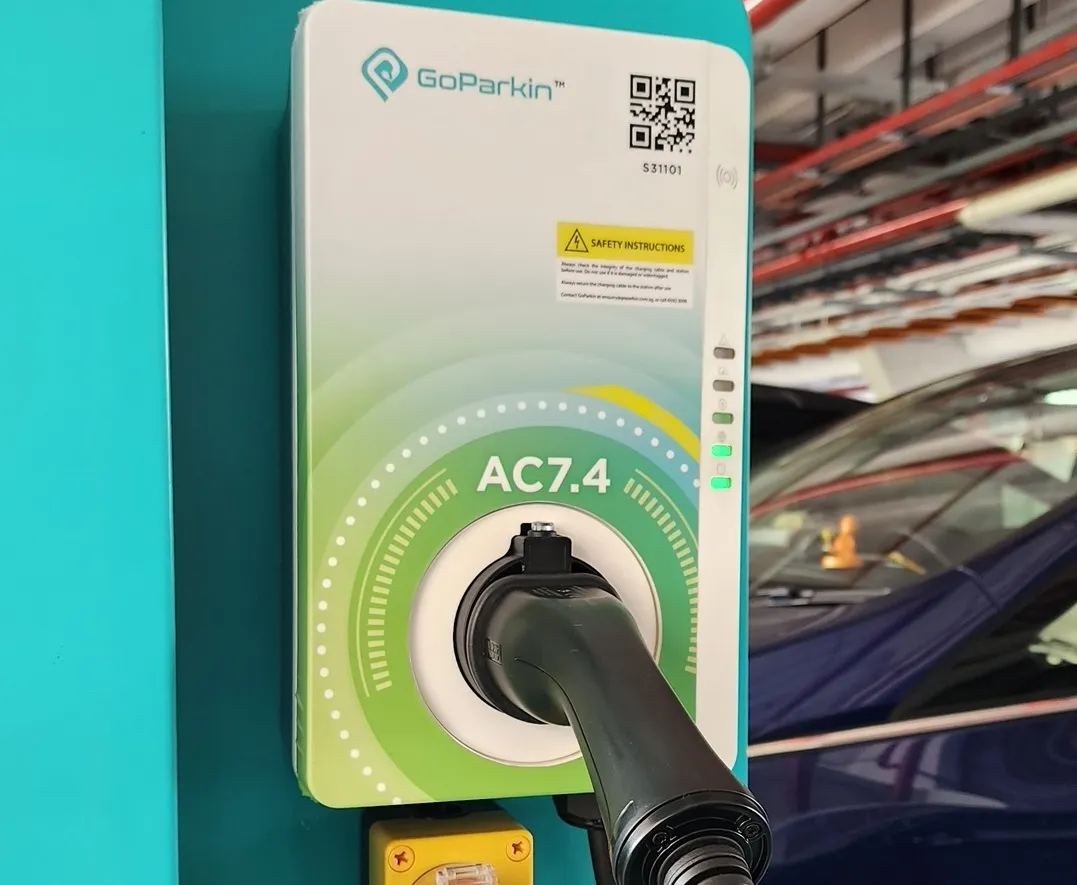According to new research from Pike Research, a part of Navigant’s Energy Practice, until recently, wireless charging equipment for plug-in electric vehicles (PEVs) has had all the characteristics of a promising technology in search of a market. In the last six to twelve months, however, this has begun to change. Nearly all of the major PEV manufacturers have announced partnerships to develop wireless charging systems, and there are signs that such systems, installed at the factory or added at the dealershi
December 24, 2012
Read time: 2 mins
According to new research from 5644 Pike Research, a part of Navigant’s Energy Practice, until recently, wireless charging equipment for plug-in electric vehicles (PEVs) has had all the characteristics of a promising technology in search of a market. In the last six to twelve months, however, this has begun to change.
Nearly all of the major PEV manufacturers have announced partnerships to develop wireless charging systems, and there are signs that such systems, installed at the factory or added at the dealership, could become a market differentiator for electric vehicle (EV) models. Pike Research now predicts sales of wireless EV charging equipment will grow steadily through the remainder of the decade, reaching annual sales of 283,000 by 2020.
“They have also made other benefits of wireless charging, including the alleviation of range anxiety through frequent, brief top-offs via embedded, automatic wireless charging systems, much more evident. The experiences of EV owners have strengthened the case that the convenience of charging could be a major factor in purchase decisions,” says Pike editorial director Richard Martin.
“They have also made other benefits of wireless charging, including the alleviation of range anxiety through frequent, brief top-offs via embedded, automatic wireless charging systems, much more evident.”
Many trials with OEM vehicles commenced in 2012. Publicly announced wireless charging vendor relationships include:189 Siemens with 1731 BMW; WiTricity with Delphi and with car makers 1686 Toyota, 4962 Mitsubishi, and 2125 Audi; 213 Qualcomm with 2453 Renault and 33 Delta Motorsports; and 6265 Evatran with SPX Service Solutions, 1691 Google, 6266 Hertz and others. Currently, wireless EV charging systems are not on the commercial market, but at least one vendor intends to bring a system to market in the first half of 2013.
Nearly all of the major PEV manufacturers have announced partnerships to develop wireless charging systems, and there are signs that such systems, installed at the factory or added at the dealership, could become a market differentiator for electric vehicle (EV) models. Pike Research now predicts sales of wireless EV charging equipment will grow steadily through the remainder of the decade, reaching annual sales of 283,000 by 2020.
“They have also made other benefits of wireless charging, including the alleviation of range anxiety through frequent, brief top-offs via embedded, automatic wireless charging systems, much more evident. The experiences of EV owners have strengthened the case that the convenience of charging could be a major factor in purchase decisions,” says Pike editorial director Richard Martin.
“They have also made other benefits of wireless charging, including the alleviation of range anxiety through frequent, brief top-offs via embedded, automatic wireless charging systems, much more evident.”
Many trials with OEM vehicles commenced in 2012. Publicly announced wireless charging vendor relationships include:










